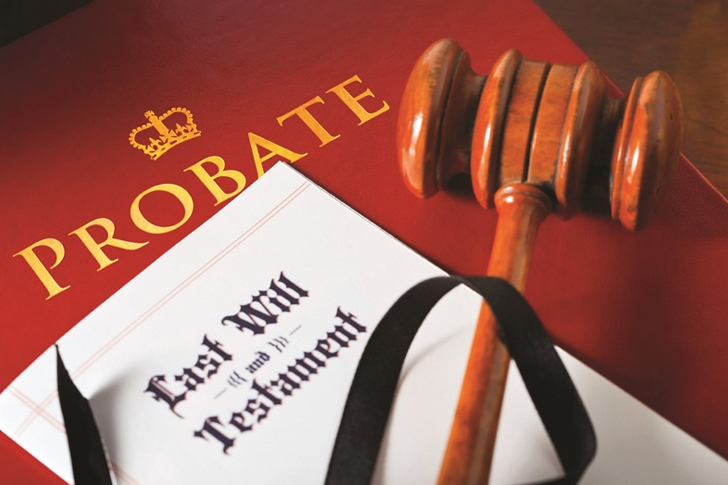Guide to Locating Probate Attorneys for Legal Assistance
When a loved one passes away, the legal process of probate typically follows. This involves the official proving of the will, identifying and inventorying the deceased person’s property, appraising the property, paying debts and taxes, and distributing the remaining property as the will (or state law, if there’s no will) directs. Handling these responsibilities can be complex and overwhelming, especially during a time of grief. That’s where probate attorneys come in. In this guide, we’ll help you understand how to locate a probate attorney who can offer sound legal assistance, ensuring the probate process goes as smoothly as possible.

Before diving into how to find the right probate lawyer, it’s useful to grasp what these legal professionals do. Probate attorneys, also known as estate or trust lawyers, are experienced in estate planning and can advise executors of an estate on various legal matters. This support is crucial considering that, according to a survey by Caring.com, over half of American adults do not have the essential legal documents like a will or living trust.
Finding the Right Probate Attorney
Choosing a competent probate attorney is essential since they can significantly influence the administration of the estate and the ease of the probate process. Here are several steps to help you find a reliable probate attorney:
Understanding Your Needs: The first step in finding the right attorney is to understand the complexity of your probate case. Estates with significant assets, potential disputes, or in multiple states may require more specialized legal expertise. Conversely, smaller and straightforward estates might need only basic legal guidance and support.
Asking for Referrals: One of the most effective ways to find a trustworthy probate lawyer is through recommendations. Ask friends, family members, or financial advisors who have gone through the probate process. Legal professionals that you or your family have worked with in the past may also be able to provide referrals.
Using Attorney Referral Services: Many state or local bar associations offer referral services which can be a reliable resource for finding qualified attorneys specialized in probate law. These services typically provide a list of attorneys who are in good standing with the bar and have certain qualifications or areas of expertise.
Reviewing Online Directories and Reviews: Online legal directories such as Avvo, Martindale-Hubbell, and Nolo offer a way to search for probate attorneys. They often include attorney profiles, client reviews, and peer endorsements which can help you gauge the reputation and suitability of the lawyer.
Checking the Attorney’s Background: Once you have a few names, check their professional standing via your state’s bar association website. You should confirm their area of specialization, verify their license, and look for any disciplinary actions. Experience in probate law is essential, as legal principles and statutes can vary significantly from state to state.
Questions to Ask a Prospective Probate Attorney
Before you decide on hiring a probate attorney, it’s vital to have a clear understanding of their experience, work style, and costs. Here are some questions to consider:
What percentage of your practice is devoted to probate and estate planning? This question can help you assess whether the attorney has the focused experience and up-to-date knowledge to handle your case effectively.
How long have you been practicing in this area? Experience is crucial in legal matters, and this question can help you gauge the depth of their practical experience with probate cases.
Can you provide references from previous clients? References can provide firsthand insights into an attorney’s effectiveness and client service.
What is your fee structure? Understanding how the attorney charges — whether flat fees, hourly rates, or a percentage of the estate — is crucial to avoid any surprises. According to the American Association of Retired Persons (AARP), probate costs can range from 3% to 7% of the total estate value, so knowing what to expect in terms of fees is important.
How will you communicate during the case? Regular updates are vital. Knowing whether you’ll communicate via emails, phone calls, or personal meetings can help set expectations.
What’s the estimated timeline for the probate process? While much of this depends on the court and specific circumstances of the estate, a knowledgeable attorney should be able to provide a general timeline.
Final Selection and Engagement
After interviewing potential probate attorneys and reviewing their responses and qualifications, you can make an informed decision about whom to hire. Ensure you are comfortable with their communication style, fee structure, and overall approach. A written agreement outlining services and fees should be executed to avoid any future misunderstandings.
In conclusion, finding the right probate attorney requires understanding your needs, researching potential candidates thoroughly, and asking the right questions. By following these steps, you can find a legal representative who will handle your probate case with competence and care, potentially easing the burden during a challenging time.







Recent Comments